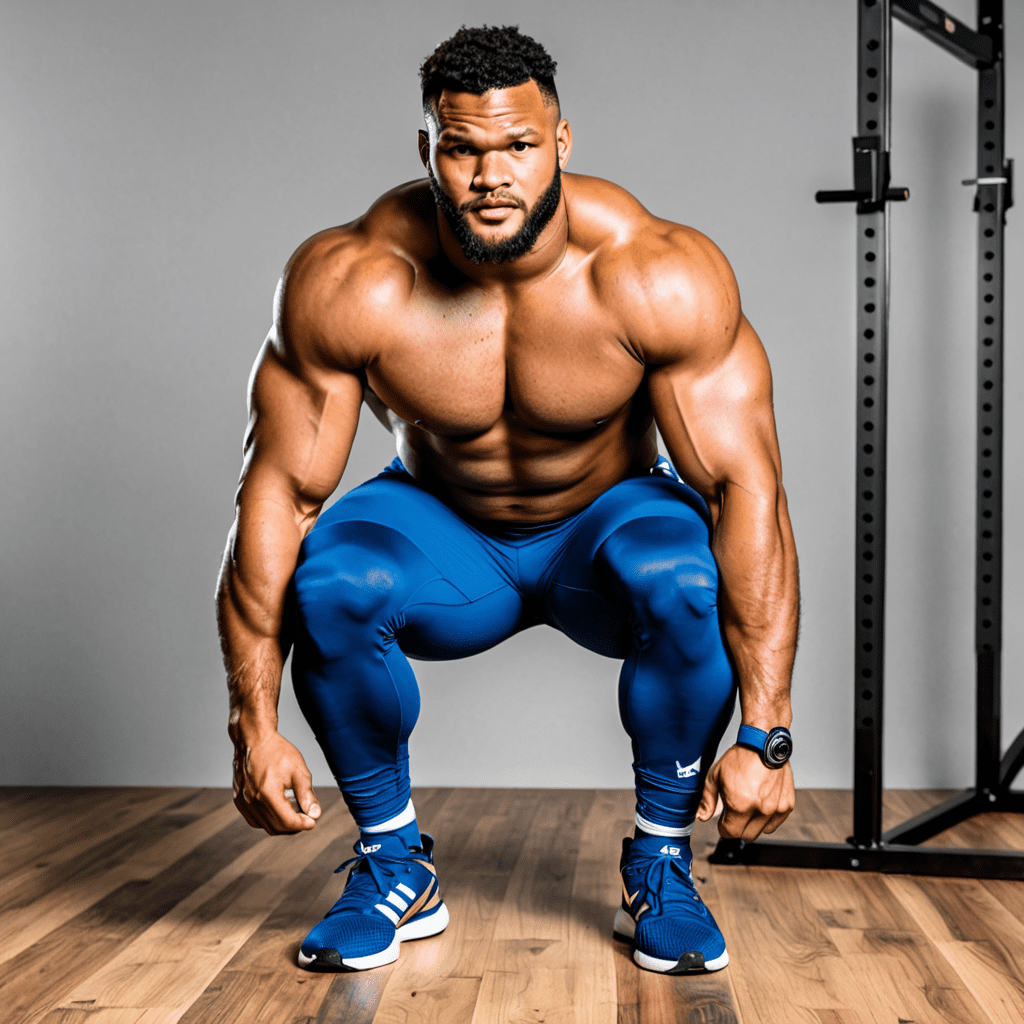
Troubleshooting: Understanding the Decline in Your Squat Strength
Introduction
Whether you’re a seasoned lifter or just starting out, it can be incredibly frustrating to see your squat strength declining.
1. Overtraining
One possible reason for your weaker squat could be overtraining. Pushing your body too hard without allowing enough time for recovery can lead to muscle fatigue and a decrease in strength.
2. Poor Form
Another common culprit for a weaker squat is poor form. If your squat technique is incorrect, you may be placing unnecessary stress on certain muscles, resulting in decreased strength over time.
3. Lack of Consistency
Consistency is key when it comes to maintaining and increasing strength. If you’ve been inconsistent with your squatting routine or have taken long breaks between sessions, it’s normal to experience a decline in strength.
4. Inadequate Nutrition
Your body needs proper nutrition to fuel your workouts and support muscle recovery. If you’re not consuming enough calories or not getting the right balance of macronutrients, it can lead to decreased strength in your squats.
5. Insufficient Rest and Recovery
Rest and recovery are essential for muscle growth and strength development. Not allowing your body enough time to rest and recover between squat workouts can contribute to a decline in strength.
6. Underlying Health Issues
If you’re experiencing a sudden and significant decrease in squat strength, it’s important to consider if there are any underlying health issues. Hormonal imbalances, nutrient deficiencies, or other medical conditions can impact your strength levels.
Frequently Asked Questions (FAQ)
Q: Can squatting too frequently lead to weaker squats?
A: Yes, overtraining or squatting too frequently without adequate rest can lead to a decline in squat strength.
Q: How can I improve my squat form?
A: Working with a knowledgeable trainer or coach, focusing on proper technique, and gradually increasing the weight can help improve your squat form and prevent strength decline.
Q: What nutrients are essential for squat strength?
A: Consuming an adequate amount of protein, carbohydrates, and fats, as well as staying hydrated, can support your squat strength and overall muscle development.
Q: When should I seek medical advice for a decline in squat strength?
A: If you’ve tried troubleshooting and addressing possible causes but still experience a significant decline in squat strength, it’s advisable to consult with a healthcare professional to rule out any underlying health issues.
Q: How can I incorporate proper rest and recovery into my routine?
A: Allow for enough sleep, prioritize rest days, and ensure you’re providing your body with proper nutrition to promote optimal rest and recovery for improved squat strength.
Q: Should I decrease the weight to regain squat strength?
A: Depending on the cause of your weaker squat, it may be beneficial to decrease the weight temporarily, focus on form, and gradually work your way back up to heavier loads.
Q: Are there any other exercises I can do to improve my squat strength?
A: Yes, incorporating supplementary exercises such as lunges, deadlifts, and glute bridges can help target and strengthen the muscles used in squats, potentially improving overall squat strength.
Q: How long does it take to regain lost squat strength?
A: The timeline for regaining lost squat strength can vary depending on the individual and the underlying causes. With consistent training, proper form, nutrition, and rest, you can start seeing improvements in a few weeks to a few months.
Q: Can age affect squat strength?
A: Yes, as we age, our muscle mass and strength naturally decline. However, strength training and maintaining an active lifestyle can help slow down this decline and improve squat strength.


